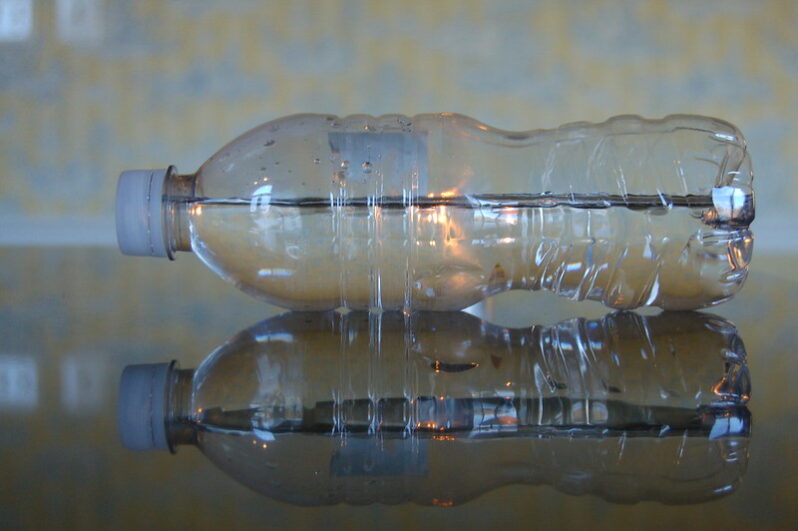Here’s what you’re really swallowing when you drink bottled water – the Washington Post

People are swallowing hundreds of thousands of microscopic pieces of plastic each time they drink a liter of bottled water, scientists have shown — a revelation that could have profound implications for human health…
